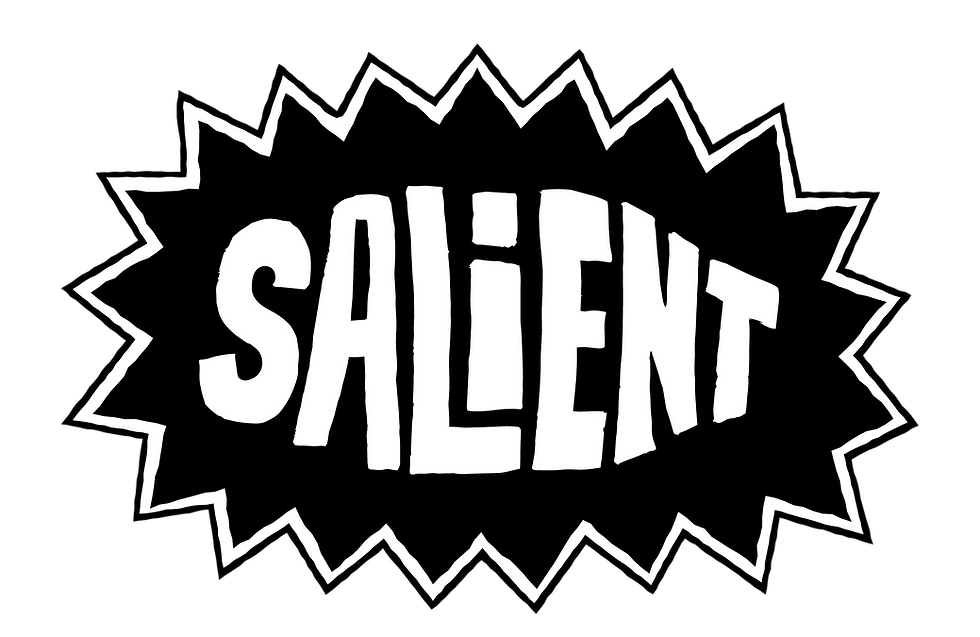LOL in the Tropics
- Salient Magazine

- Jul 22, 2024
- 2 min read
Words by Victoria Talei Agnes Amosa
Growing up in a Pasifika household, I remember epic parties lasting 'til dawn. The house reverberated with laughter that could wake the dead. One uncle would crack a joke, another would top it, and the laughter would escalate to a whole new level. Looking back, I've inherited this obnoxious laugh gene too. Back then, it bugged me, but now I embrace it. You know you're with Pasifika folks when you hear their laughter before you even spot them—it's our calling card! It’s not just the volume; it's the sheer joy behind those laughs, a reminder of how much we love life and each other.
Pasifika humour walks a fine line. It’s socially taboo to be disrespectful. You can joke around and make social commentary, but you can’t be outright disrespectful. The best critiques often come from a place of love and genuine affection. Your closest friends are the ones you trust to call you out—that’s true aroha. When you need to hear the truth, especially the uncomfortable truth, you turn to someone who cares about you deeply.
Take, for example, when my cousin saved up for a shiny new iPhone 6 Plus. Instead of congratulations, our cousins ribbed him with, "Where did you steal that from?" and "I bet you used your girlfriend's money for that, huh?" It was all in good fun, showing affection through humour.
Even in sombre times, like funerals (known as “fa’alavelave” in Samoan), humour finds its way in. Comedy is often tied to trauma, and it can be cathartic. As Pacific people, we've all experienced trauma, including the impact of colonisation and the trauma of almost losing our language. Some, like our cousins in French Polynesia, aren't even allowed to speak their native tongues. These little traumas build up, but if you pick at them, you can use comedy to find solidarity.
Even chores, or carrying out a “feau”, have their moments. Despite the physical labour, we bond over it, and laugh about the pain later. Picture this: it's almost midnight, and your family has just finished Sunday to'ona'i. The kettle is boiling for tea and heavily buttered crackers for the oldies. You're washing dishes while your cousins hustle around the kitchen, joking around and making the work fly by. There’s something special about these late-night chore sessions. It's like a secret club where the price of admission is a dishcloth and a sense of humour. Amidst the clattering of dishes and the hum of the kettle, there's laughter.
Even when we're exhausted, there's camaraderie. We're all in it together, making light of the task at hand. These small, everyday moments strengthen our bonds and remind us of the importance of family. It’s also a testament to how we, as Pasifika people, find humour and connection in the simplest things. Uncovering hidden pearls in our daily lives means finding the extraordinary in the ordinary. These experiences, from the raucous laughter at family gatherings to the camaraderie during late-night chores, reveal the true essence of Pasifika life. For us, humour is more than just a way to pass the time; it’s a lifeline that keeps everyone afloat when life gets rough.



Comments